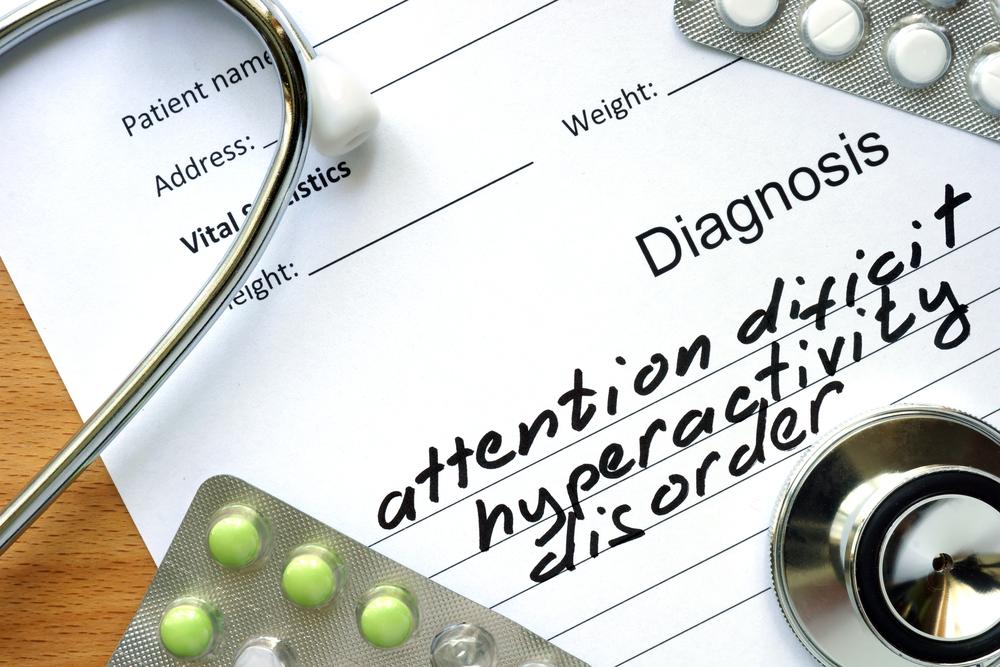Effective Depression Therapies Guided by Patient Choice
Personalized depression treatments tailored to patient preferences often yield better results. Combining medication and psychotherapy, considering lifestyle and personality, enhances recovery. Healthcare providers should involve patients in choosing their treatment to foster trust, compliance, and improved mental health outcomes.
Sponsored

Depression impacts mental well-being, and the most successful treatment often hinges on the individual’s preferences. The approach a patient favors is considered the most suitable, making depression treatment highly personalized. Experts generally agree that combining medication and psychotherapy provides optimal results, but patient willingness varies. Some may avoid medication, while others dislike therapy sessions. Personal factors like activity level, personality traits, and comfort with treatment options significantly influence the best approach for each person.
Depression treatment extends beyond medication, especially for chronic conditions. An individual's lifestyle, personality, and social interactions shape their treatment plan. For example, an active person might prefer different therapy methods compared to a more reserved individual. A study by Dr. Edmund F. Chaney involving 335 patients revealed that 15% chose medication, 24% opted for psychotherapy, while 61% preferred a combination of both. Results indicated that aligning treatment with patient preferences led to better recovery outcomes over time.
Patient-centered treatment improves outcomes.
Healthcare providers should prioritize understanding patient preferences during initial consultations. Asking about treatment choices fosters trust and compliance, resulting in more effective care. Instead of immediately referring to specialists, clinicians should evaluate individual needs first. Respecting patient preferences enhances engagement and supports successful depression management.






